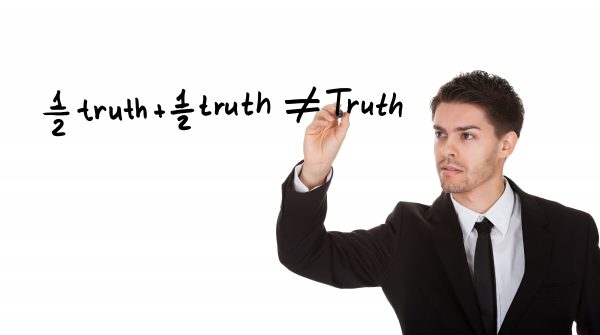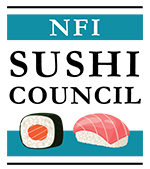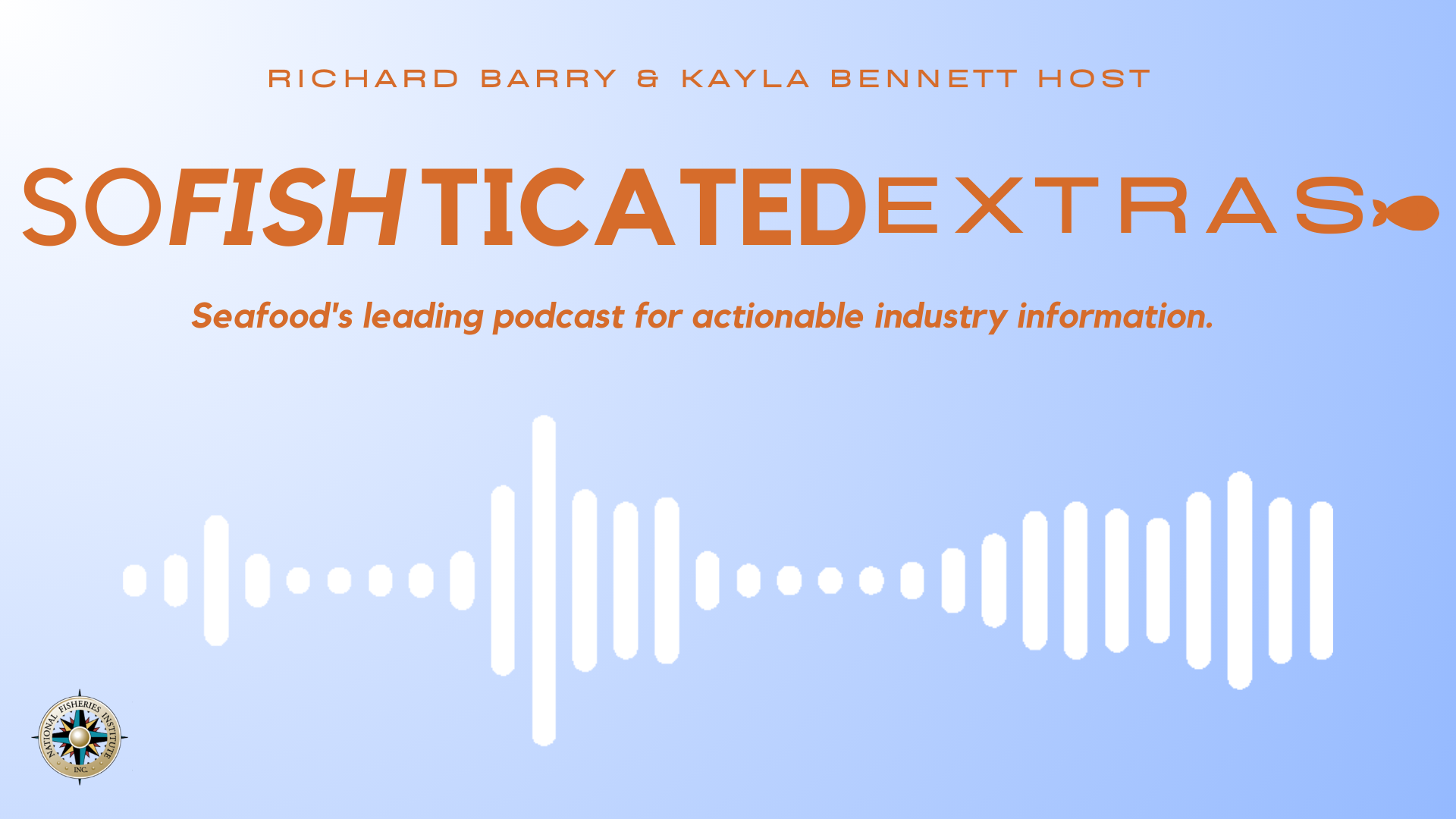Vegan Fish… Is not Fish
Vegan Fish… Is Not Fish
 Vegan, plant-based and vegetarian versions of “meat” products have been popular for some time. The veggie burger, “tofurky,” and meatless “chick’n” strips can be found at grocery stores nationally. Now, a handful of companies have announced plant-based, vegetarian or vegan fish imitations of popular seafood meals. While we welcome more food choices for consumers, it’s wrong for these companies to make false sustainability and nutrition claims about seafood in an effort to sell their plant-based products.
Vegan, plant-based and vegetarian versions of “meat” products have been popular for some time. The veggie burger, “tofurky,” and meatless “chick’n” strips can be found at grocery stores nationally. Now, a handful of companies have announced plant-based, vegetarian or vegan fish imitations of popular seafood meals. While we welcome more food choices for consumers, it’s wrong for these companies to make false sustainability and nutrition claims about seafood in an effort to sell their plant-based products.
Good Catch Foods… Actually, There is a Catch
Good Catch Foods claims to be “a seafood company” that sells products made of… beans. Confused? We are too. More head scratching comes from its unqualified statements about (real) seafood sustainability and nutrition.
Beans Don’t Equal Fish
As part of a CBS News report, Good Catch Co-founder and Executive Chef Chad Sarno described work designed to create imitation products with a familiar taste and feel to seafood, while delivering similar nutritional benefits.
Good Catch’s products are made up of– peas, chickpeas, lentils, soy, fava beans, and navy beans – and are fortified with algae oil. While these may be healthy products in their own right, it is inaccurate to claim they have comparable nutritional makeup to fish or to call them plant-based seafood or vegan fish.
After a Wall Street Journal Editorial suggested food companies should be able to label these imitation products whatever they want, citing a constitutional argument, this Letter to the Editor from the National Fisheries Institute explained that:
- “Bacon cannot be ‘veggie’ and shrimp cannot be ‘vegan.’ These are just facts at, literally, the cellular level. They are not open to interpretation and they are certainly not constitutionally protected rhetoric. Support for labeling vegetable alternatives as meat or fish, under the guise of First Amendment championship, ignores the fact that limits, even on speech, exist for a reason.”
Seafood is a Nutrition Powerhouse
 Public health organizations explicitly encourage fish and shellfish as a food group to consume more often for a variety of reasons. From heart disease and diabetes management to baby-brain development and mental health benefits, seafood is a one-of-a-kind nutrition powerhouse.
Public health organizations explicitly encourage fish and shellfish as a food group to consume more often for a variety of reasons. From heart disease and diabetes management to baby-brain development and mental health benefits, seafood is a one-of-a-kind nutrition powerhouse.
The Mayo Clinic highlights why eating fish is important during pregnancy. “Seafood, which includes fish and shellfish, can be a great source of protein, iron and zinc — crucial nutrients for your baby’s growth and development. The omega-3 fatty acids in many fish, including docosahexaenoic acid (DHA), also can promote your baby’s brain development.” The Clinic notes, “While pregnant women can get omega-3 fatty acids from many sources, most experts recommend eating seafood for this purpose.”
Another report on the fake fish fad, in Forbes, suggested, “fish can come with problems including high levels of mercury, PCB’s and other contaminants.” They didn’t report that there has never been a case of mercury poisoning from the normal consumption of commercial seafood recorded in any American medical journal. And ironically they failed to mention that suggesting PCB’s are a “problem” in fish ignores the fact that fish make up only 9% of the PCB’s found in the average American diet. While vegetables make up 20%. So, here you have an author profiling a replacement product that actually delivers more than twice the amount of the contaminant consumers are supposedly trying to avoid.
No matter how artfully prepared, mashed up beans are still, mashed up beans. Comparing them to fish and calling them plant-based seafood or vegan fish is nutritional malpractice.
Tomatoes Don’t Equal Fish Either
Another company offering plant-based alternatives to seafood doubles down on the vegan fish nutrition claim. David Benzaquen, CEO and co-founder of Ocean Hugger Foods, also on CBS, claims his vegan tomato product that attempts to imitate raw tuna is healthier than real tuna. Sure, tomatoes are a nutritious food. Do they come close to the complex offering of protein, vitamins, minerals, and fatty acids in tuna? Unequivocally no.
A simple fact-check would show that Americans don’t consume nearly enough seafood. In fact, 90% do not meet the U.S. Dietary Guidelines directive to eat seafood twice per week. Any suggestion that consumers should steer away from seafood for nutrition reasons is simply incorrect.
It’s concerning that any reporter would allow a subject to make such audacious and incorrect claims unchallenged. There isn’t an independent nutrition clinician (doctor or dietitian), who doesn’t harbor an activist animal welfare agenda, who would suggest Americans should eat less seafood for health reasons.
Vegan Fish Ignore the Science of Sustainable Seafood

All over Good Catch’s social media pages are claims that eating their bean-based products mean, “you help reduce harmful fish farming and over-fishing practices that are polluting and depleting our oceans.” Again, Ocean Hugger goes even further claiming its product could be key to keeping certain fish species from going extinct. These statements illustrate a fundamental lack of understanding of fisheries science and fish farming. As well as an embrace of marketing hyperbole that is impressive, while boarding on deceptive.
The Reality of Fisheries Management
Effective fisheries management ensures we have fish for generations to come. Just to be clear, we’re talking the variety that have gills, fins and swim in the ocean; not roots, leaves and seeds.
Wild-caught fish contain every essential amino acid, are leaner than any other animal protein, require no land or irrigation, and are a renewable resource when managed sustainably. The seafood community recognizes that many global stocks are fished at maximum sustainable yield, and acknowledge their limits. This means with proper oversight, they can continue to provide safe, healthy protein to a global population.
The reality is, 71% of commercially important marine fish stocks monitored by the Food and Agriculture Organizations of the United Nations (FAO) are fished within biologically sustainable levels.
Farming… and We’re Not Talking Vegetables
 Modern-day aquaculture, or fish farming, plays an important role in seafood production. It was revolutionized by a growing demand for seafood worldwide. In just the last few decades, major strides have been made in the aquaculture community resulting in the most efficient and sustainably farmed seafood products available to markets globally. The idea that fish farming is the “wild west” without robust standards and regulations associated with other types of agriculture is wrong. A wealth of third-party certification systems provide additional tools to ensure sustainable and ethical fish farming.
Modern-day aquaculture, or fish farming, plays an important role in seafood production. It was revolutionized by a growing demand for seafood worldwide. In just the last few decades, major strides have been made in the aquaculture community resulting in the most efficient and sustainably farmed seafood products available to markets globally. The idea that fish farming is the “wild west” without robust standards and regulations associated with other types of agriculture is wrong. A wealth of third-party certification systems provide additional tools to ensure sustainable and ethical fish farming.
Vegan Fish: Labeling or Lying?
When a company like Good Catch calls itself “Seafood without Sacrifice” or Ocean Hugger claims to be “plant-based seafood” they clearly know they’re not “seafood,” or vegan fish. And perhaps the FDA does too? Yet these companies continue to simply label and promote their products any way they want, despite the fact that FDA’s own Compliance Policy Guide (540.700 – Labeling of Processed and Blended Seafood Products Made Primarily with Fish Protein) states that a seafood product which “resembles a specific type of seafood, including its shape, form, or color, but is nutritionally inferior … to that seafood… must be labeled as imitation …”.
The Bottom Line on Vegan Fish
Aside from the ones mentioned here, there are other companies developing plant-based impostors as well. They can, and should, market their products responsibly. But if they’re being disingenuous about the nutritional value of these seafood “alternatives” and making outlandish sustainability claims about fisheries and aquaculture (all while trading on seafood’s good name), they should be called what they are; snake oil salesmen…. pardon… imitation snake oil salesmen.



